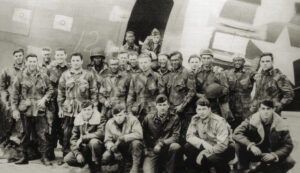During World War Two, how did the Japanese soldiers treat missionaries and Native Islanders in Papua New Guinea?
Thank you for your time,
SRO
? ? ?
Dear SRO,
For the first two years of occupation the Japanese generally limited their contact with the indigenous population of Papua New Guinea, with strict discipline enforced against fraternization, all with the intention of maintaining good will and a labor pool, in case it was needed. At the same time, however, the Japanese conducted a campaign to undermine the white authorities who had ruled prior to their coming, starting with interning the missionaries and keeping them under tight supervision, although the Japanese made no attempt to foist their own religion on them. The Japanese also pressed white civilians into the labor force and encouraged the natives to watch, again undermining white authority.
As Japanese units were cut off by the advancing Allies, however, hunger got the better of them and the soldiers began stealing food from the natives and often killed them if they resisted. From 1943 the atrocities, usually in reprisal for anything from espionage to suspicions of their trying to join or help the Allies, increased. Even before those excesses grew, a good many New Guinea natives offered their services as scouts and guides to the Australians from the earliest days of the Japanese invasion.
Sincerely,

Jon Guttman
Research Director
World History Group
More Questions at Ask Mr. History
Don’t miss the next Ask Mr. History question! To receive notification whenever any new item is published on HistoryNet, just scroll down the column on the right and sign up for our RSS feed.




